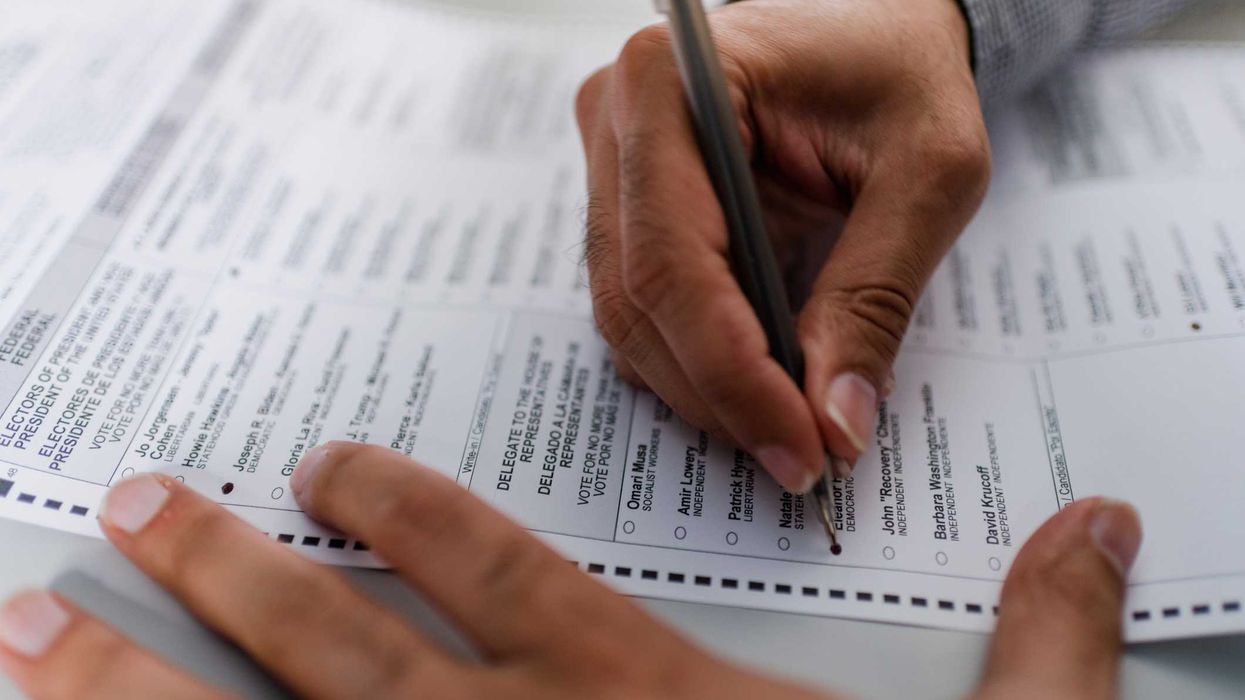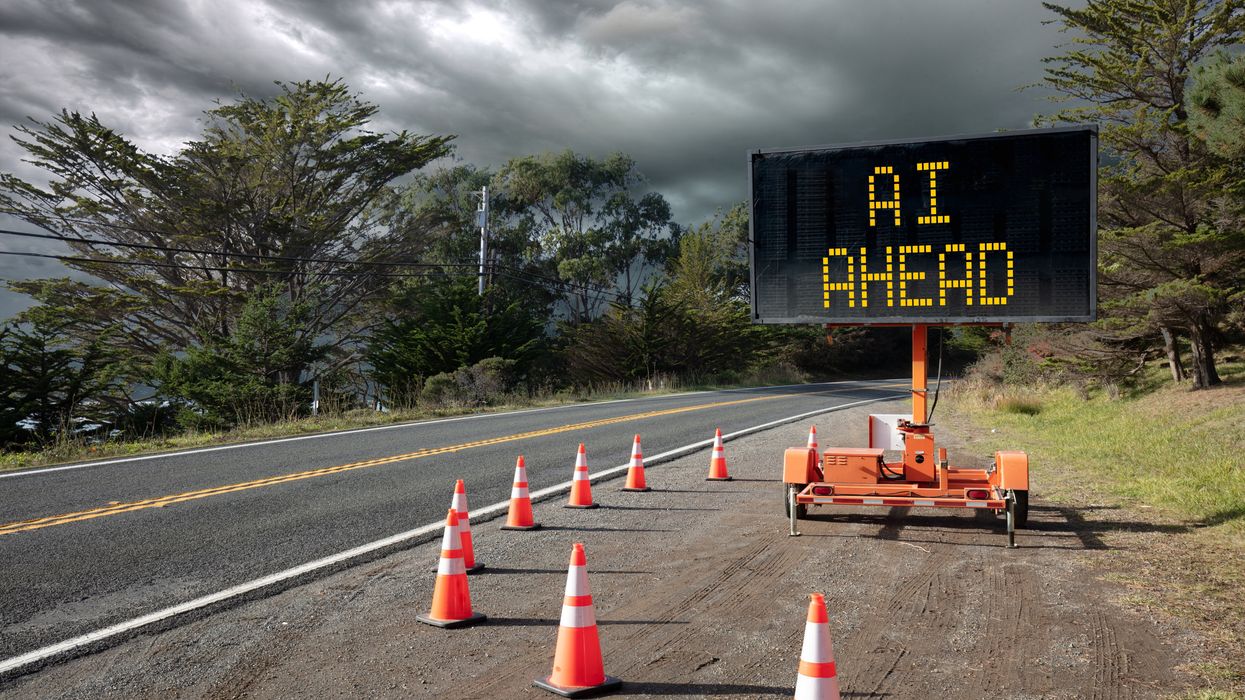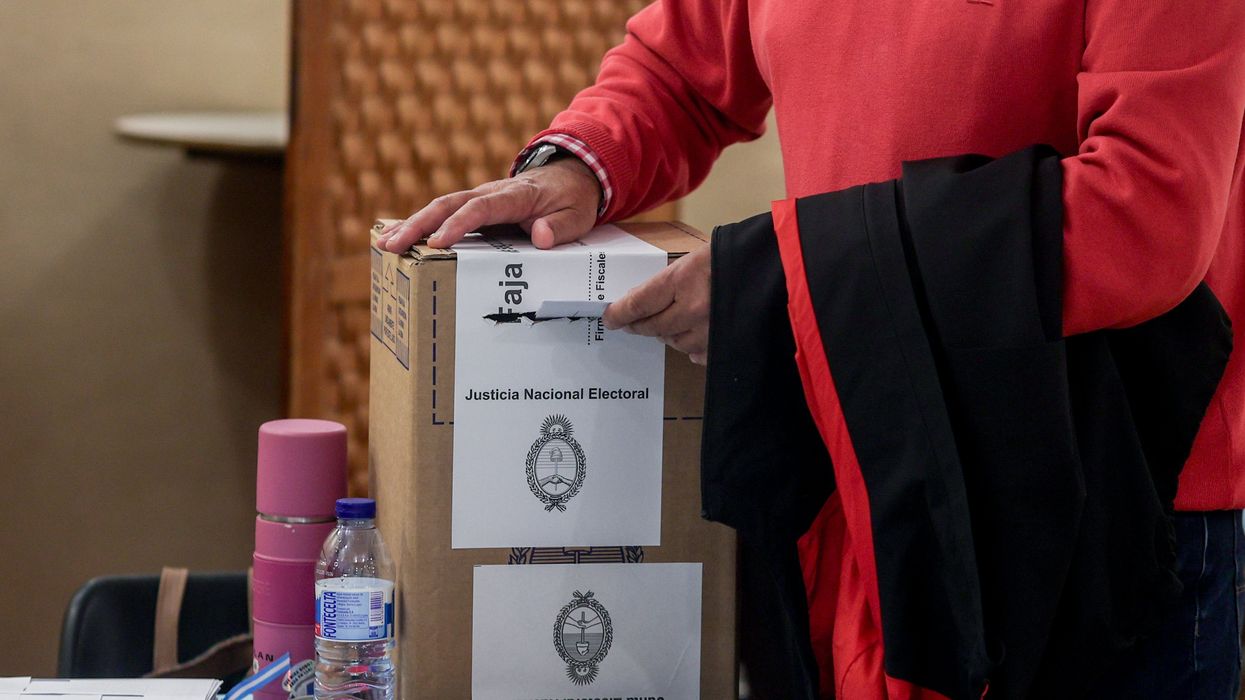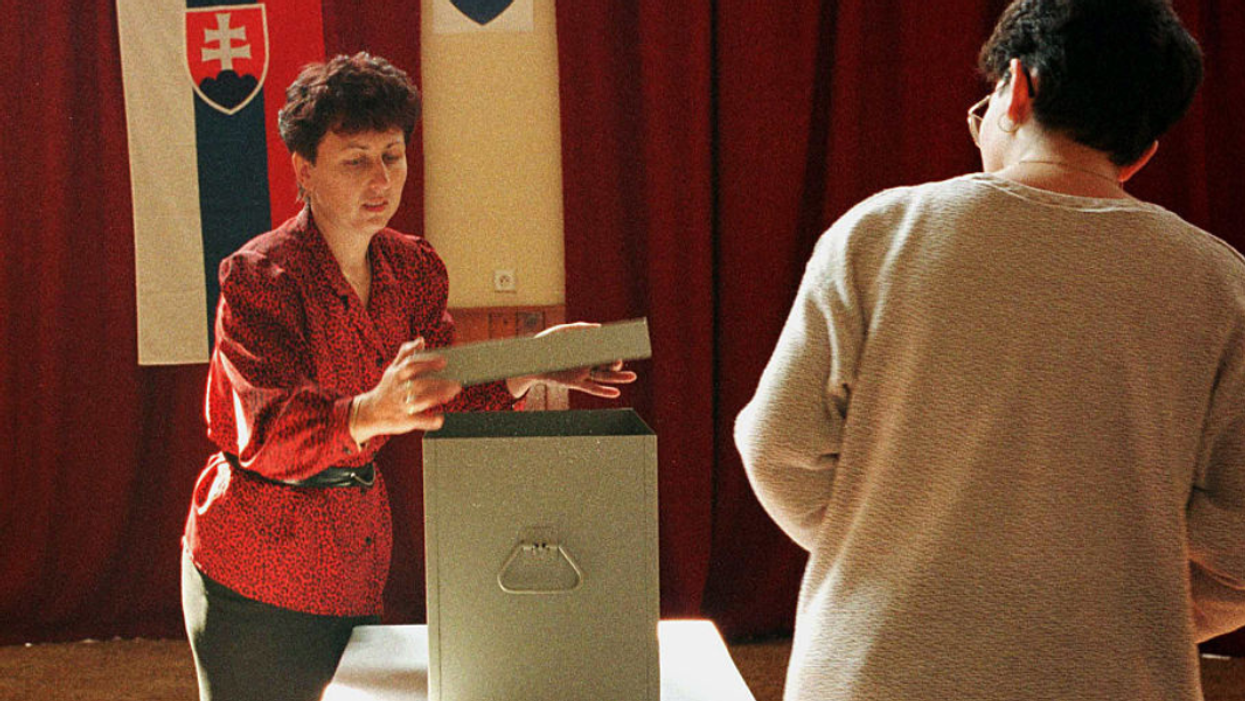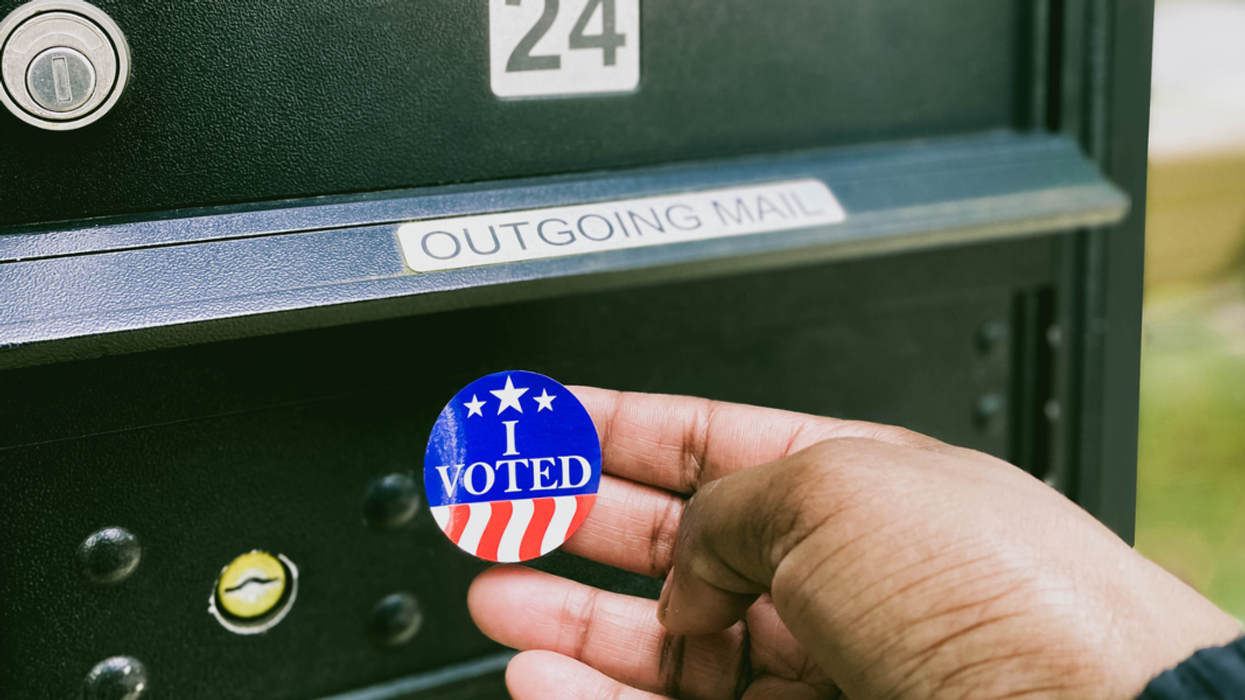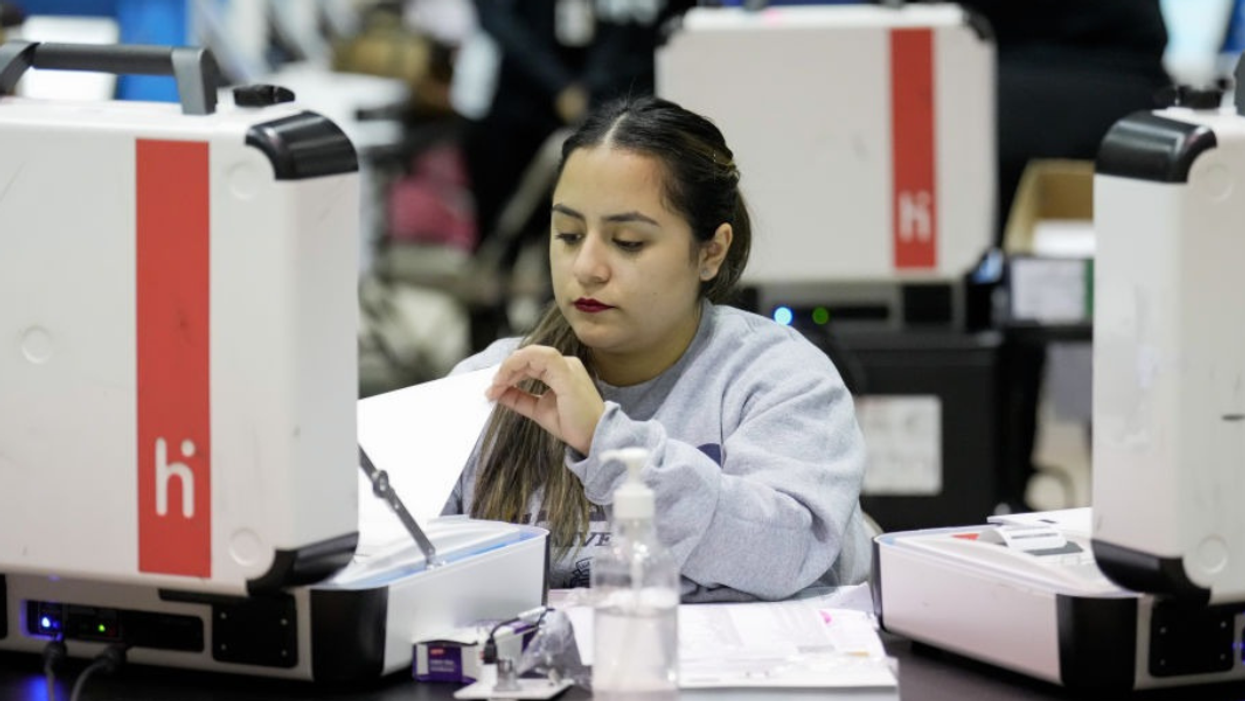Site Navigation
Search
Latest Stories
Join a growing community committed to civic renewal.
Subscribe to The Fulcrum and be part of the conversation.
David Levine
David Levine is an Election Integrity and Management Consultant, who works to ensure that eligible voters can vote, free and fair elections are perceived as legitimate, and election processes are properly administered and secured.
He is also an election security adjunct professor at George Mason University, an advisory committee member for the Global Cyber Alliance's Cybersecurity Toolkit for Elections, an advisory council member for The Election Reformers Network, a member of the Election Verification Network, and a contributor to the Fulcrum. Previously, he worked as the senior elections integrity fellow at the German Marshall Fund’s Alliance for Securing Democracy, where he assessed vulnerabilities in electoral infrastructure, administration, and policies. And prior to that he was the Ada County, Idaho Elections Director, managing the administration of all federal, state, county, and local district elections for 25% of the state’s population.
David’s engagements and publications focus on election access, trust and security, and the nexus between external threats from malign actors and the challenges democracies face in conducting free and fair elections. His work has been published and quoted in USA Today, The New York Times, The Washington Post, NPR, Bloomberg Technology, The Hill, Business Insider, MIT Technology Review, BBC, EU Observer, and elsewhere.
David received a BA from Haverford College and a JD from the Case Western Reserve School of Law, where he discovered his passion for elections. Since then, he has administered elections, worked with advocacy groups to improve the election process, and observed elections in the United States and many other countries.
load more
